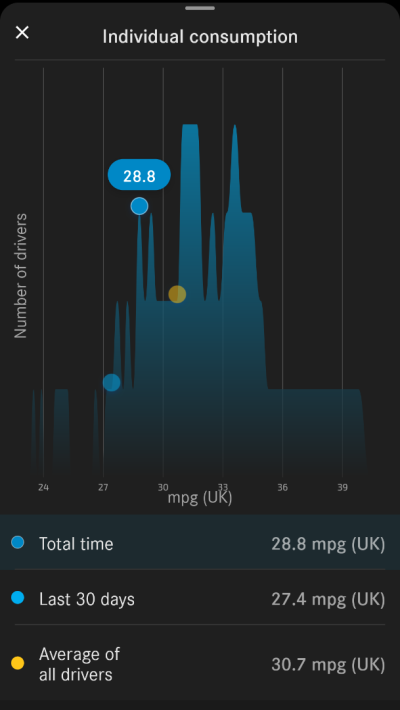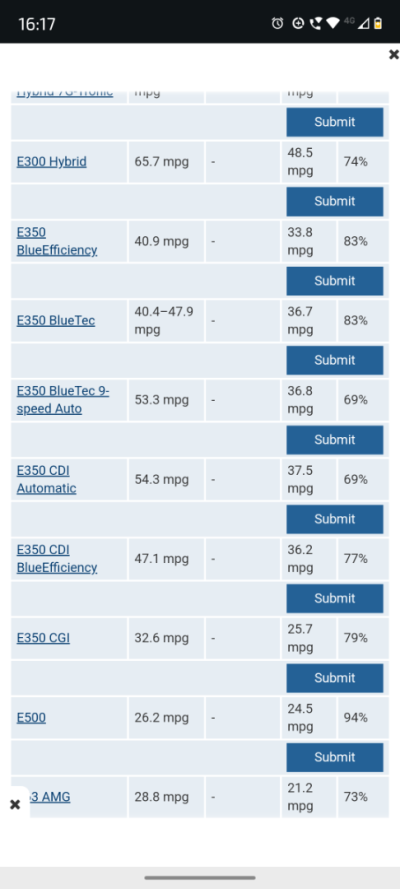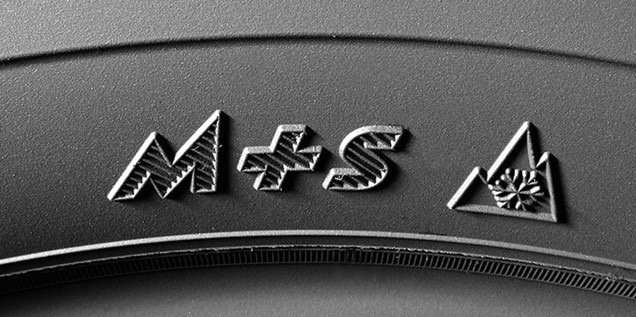MrGreedy
MB Enthusiast
When I ran diesel cars I always noticed an increase in consumption during the colder months even though my usage pattern (25+ mile commute in each direction on fast A- and B-roads with little congestion) was unchanged. I always put that down to the switch to winter blend fuel which is normally available from 15th November to 15th March each year, as that has a marginally lower energy content per unit vvolume.
Ah, I didn't even know this is a thing. I think @ALFAitalia mentioned it earlier, but wasn't initially sure what he meant.
I could guess then that new tyres with the thicker tread pattern, a new air filter, AND winter fuel have all coincided at once! Maybe between them, this has resulted in a noticeable hit in fuel economy.
Let's see what my cruise down the M1 brings next week, through mile upon mile of 50mph speed restrictions!
Last edited:



